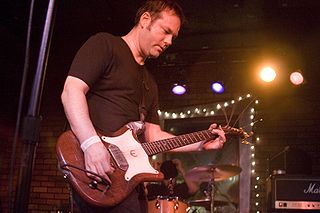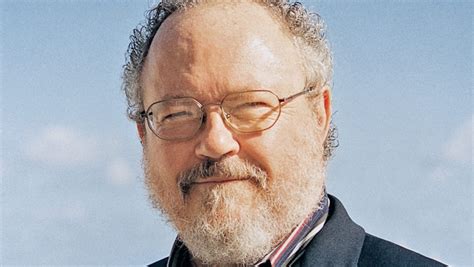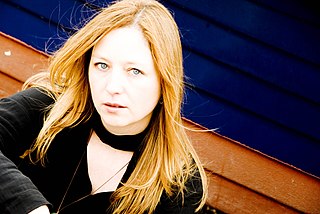A Quote by Harper Lee
Weeping for Anna Karenina and being terrified by Hannibal Lecter, entering the heart of darkness with Mistah Kurtz, having Holden Caulfield ring you up - some things should happen on soft pages, not cold metal.
Related Quotes
Now, 75 years later in an abundant society where people have laptops, cell phones, iPods, and minds like empty rooms, I still plod along with books. Instant information is not for me. I prefer to search library stacks because when I work to learn something, I remember it. And, Oprah, can you imagine curling up in bed to read a computer? Weeping for Anna Karenina and being terrified by Hannibal Lecter, entering the heart of darkness with Mistah Kurtz, having Holden Caulfield ring you up — some things should happen on soft pages, not cold metal.
One of the things that really impressed me about Anna Karenina when I first read it was how Tolstoy sets you up to expect certain things to happen - and they don't. Everything is set up for you to think Anna is going to die in childbirth. She dreams it's going to happen, the doctor, Vronsky and Karenin think it's going to happen, and it's what should happen to an adulteress by the rules of a nineteenth-century novel. But then it doesn't happen. It's so fascinating to be left in that space, in a kind of free fall, where you have no idea what's going to happen.
Jane Gallagher had wanted to know what time it was, but for some reason Holden Caulfield hadn't wanted Stradlater to tell her. When Stradlater refused to tell Holden Caulfield whether or not he had told Jane Gallagher what time it was, Holden Caulfield became enraged and attacked him in a fit or horological savagery, possibly because he was mentally ill and hated anyone byt him knowing what time it was.
I think because it is a very well-saturated story,episode of Justified in Hannibal, and we've all heard it in some frame of a story, we've heard the urban legend of waking up in a bathtub with a kidney missing. It felt like if we are telling an organ-harvesting story, it was really about quickly selling the iconography of an organ-harvesting story, and then being able to mask that as a perfect way for Hannibal Lecter to go shopping for his menu.
Spaces devoted to Hannibal Lecter’s earliest years differ from the other archives in being incomplete. Some are static scenes, fragmentary, like painted attic shards held together by blank plaster. Other rooms hold sound and motion, great snakes wrestling and heaving in the dark and lit in flashes. Pleas and screaming fill some places on the grounds where Hannibal himself cannot go. But the corridors do not echo screaming, and there is music if you like.
Your opening should give the reader a person to focus on. In a short story, this person should turn up almost immediately; he should be integral to the story's main action; he should be an individual, not just a type. In a novel, the main character may take longer to appear: Anna Karenina doesn't show up in her own novel until chapter eighteen.
I don't know why this is, but I really believe that things don't happen when we're trying to will them into being. They don't happen when we're waiting for the phone to ring, or the email to pop up in our in box. They don't happen when we're gripping too tightly. They happen - if they happen at all - when we've fully let go of the results. And, perhaps, when we're ready.
The idea of suggesting that Hannibal Lecter - in the book, he has a sixth finger and red eyes, and so there is a devilry in Thomas Harris' presentation - so it felt like it was completely honest and appropriate for the character. And we often talk in the writers' room, "Okay, there is the Hannibal as the devil explanation of that plot point, but we also need to ground that in a reality that is answerable to the physics of the storytelling."





































